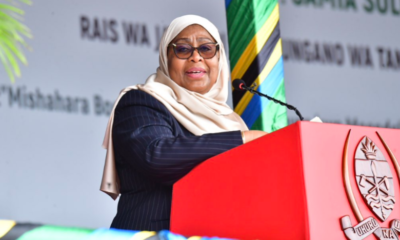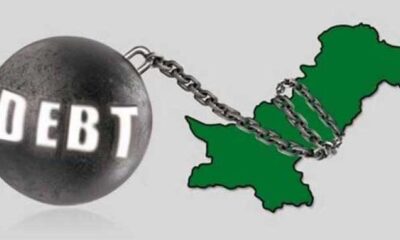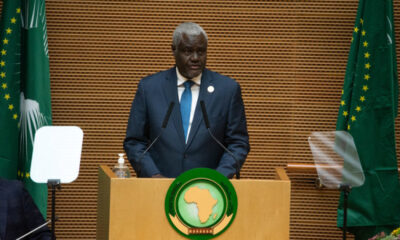In his first press interaction with the Lagos press in 2015, just after he was inaugurated minister of information, Alhaji Lai Mohammed, in an off-the-record conversation with correspondent disclosed that President Muhammadu Buhari was looking for his first appointee to use as a scapegoat for his anti-corruption war.
Mohammed said so against the background of the fact that anti-corruption was one of three major planks on which the Buhari government campaigned for office.
The other planks were economy and security. With the administration’s record in those two sectors fantastically below average at best, the remaining leg left of the tripod to hold on to the Buhari personae had been his vaunted phobia for corruption.
However, in the last week, that personae quickly evaporated after two landmark actions that took place under the president’s nose.
The first was the pardon granted former Governors Joshua Dariye and Jolly Nyame which transformed them from convicted felons to saints. That whitewash followed the conviction of both men by appropriate courts on charges of corruption while in office as governors.
The prosecution of the two men also followed years of diligent investigation that consumed a substantial amount of taxpayers’ resources. That was also followed by resources expended in the course of their trial.
While many are lamenting the time and money wasted in the process, others are also looking at the more emotional cost on the part of the prosecution agencies. The scorn and mockery that the anti-corruption agencies and their officers have been subjected to in the nullification of their efforts must be considerate.
In other lands such diligent investigation and prosecution would ordinarily have earned the anti-corruption officials laurels and commendations, perhaps to run for political office. However, under the stroke of President Buhari’s pardon, they have been turned into objects of mockery.
Even more, the lesson from Buhari’s cohabitation with these former felons is that it would encourage other governors enmeshed in corruption to believe that one can easily wriggle out if convicted. Indeed, rather than deter corruption, President Buhari has by his action encouraged the corrupt to be more wanton in their deeds.
Alas, seven years after Lai Mohammed promised that Buhari was looking for the first official to make a scapegoat, the reverse is the case. Indeed, the once famed Buhari is now in cahoots with the corrupt in setting the agenda of the polity.
One of the former felons now pardoned by Buhari, it was gathered, is set to contest a Senate seat to position himself as a lawmaker. Indeed, a lawbreaker turned lawmaker who would sooner than later be called Distinguished Senator. He may even be appointed to chair the committees supervising the anti-graft agencies.
The second development that melted the Buhari personae was the decision to impose a N100 million levy on the purchase of forms by presidential candidates of the ruling All Progressives Congress, APC.
The decision by the APC inevitably puts it that only the super rich could afford to purchase the forms. Your correspondent is seeking to know the Nigerian who worked and laboured hard for N100 million that would throw that to purchase a form that may not take him or her anywhere.
Already, critical stakeholders including the Peoples Democratic Party, PDP which is not even much better having placed its own form at N40 million, have lampooned the APC.
Of course many of the pretentious aspirants would come out to purchase the forms through groups as a way of distancing themselves from such ignominious expenditure.
It is, however, contradictory to the principle of egalitarian democracy for any section of the electorate to be fenced out on the basis of money as the APC has so blatantly done.
An examination of the requirements for running for public office in the United States for example, does not prescribe such high level of financial investment on forms. Emphasis is rather put more on the ability of the office seeker to mobilise signatures from a proportion of the constituency to file papers to run.
By imposing such a high levy on the forms, Buhari’s APC has made it possible that only treasury looters who are pardoned or yet to be convicted, armed robbers, kidnappers and terrorist sympathisers are able to purchase the forms.
It is a pity that Buhari sat over the proceedings where the NEC of the party rolled out these criteria to the extent that even the House of Assembly, the lowest entry point has a N2m peg.
With such atrocious policies enunciated under the supervision of Buhari, genuine stakeholders who once looked to the president and believed his words that “if we don’t kill corruption, that corruption will kill Nigeria,” are now looking askance. They are asking what happened to Buhari?
We have lost him.

 Sports1 day ago
Sports1 day ago
 Metro2 days ago
Metro2 days ago
 Tech2 days ago
Tech2 days ago
 Metro18 hours ago
Metro18 hours ago





























